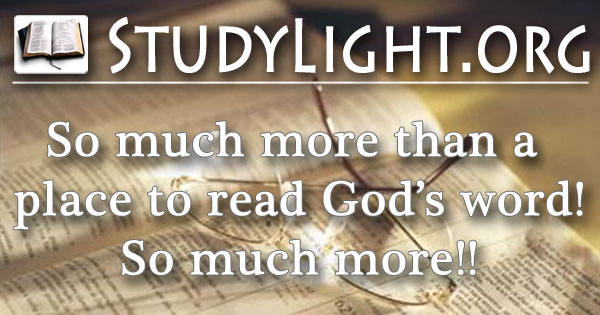Mendalla
Happy headbanging ape!!
- Pronouns
- He/Him/His
For this week, I thought we would play things a bit different. I have chosen a psalm, one of the longer ones. That puts us into the realm of poetry, rather than history or theology. Poetry is ultimately about feelings, the feelings expressed by the poet and the feelings inspired in us by the poem. Psalm 104 is a hymn of praise, as the title "God the Creator and Provider" suggests. I have gone with my usual NRSVUE for the link below, but flipping through the various translations and paraphrases, there are some other interesting takes on 104 so I may bring in some of them.

 www.biblegateway.com
www.biblegateway.com
Questions to ponder (don't need to answer them specifically, these are just things to think about as you react):
What image(s) of God come up here?
What is the poet trying to say here?
How do you feel on reading this psalm (inspired, etc.)?
104 is frequently used in hymns, church services, etc. Where have you encountered it and how did it function there?

Bible Gateway passage: Psalm 104 - New Revised Standard Version Updated Edition
Psalm 104 God the Creator and Provider - Bless the LORD, O my soul. O LORD my God, you are very great. You are clothed with honor and majesty, wrapped in light as with a garment. You stretch out the heavens like a tent; you set the beams of your chambers on the waters; you make the clouds your...
Questions to ponder (don't need to answer them specifically, these are just things to think about as you react):
What image(s) of God come up here?
What is the poet trying to say here?
How do you feel on reading this psalm (inspired, etc.)?
104 is frequently used in hymns, church services, etc. Where have you encountered it and how did it function there?
Last edited:

